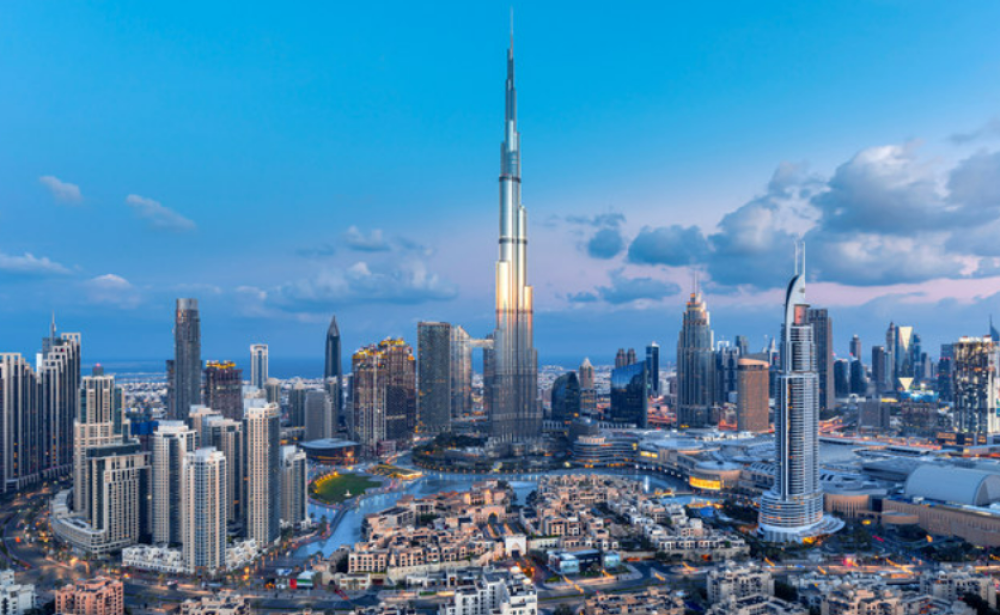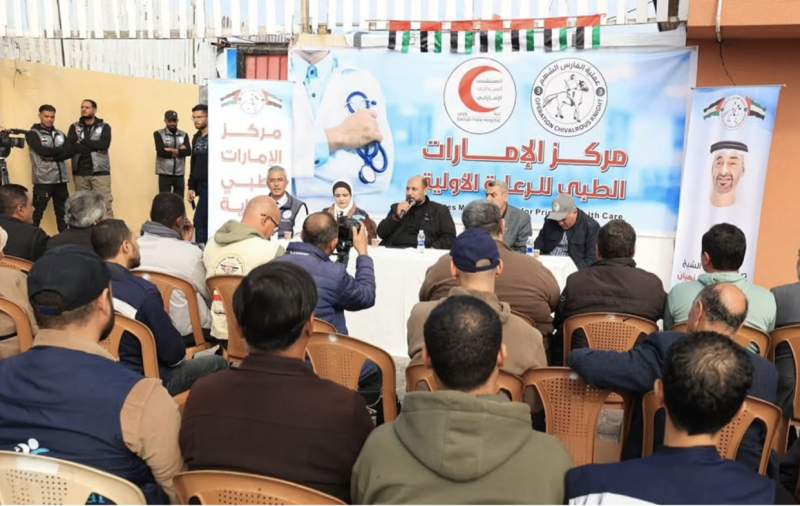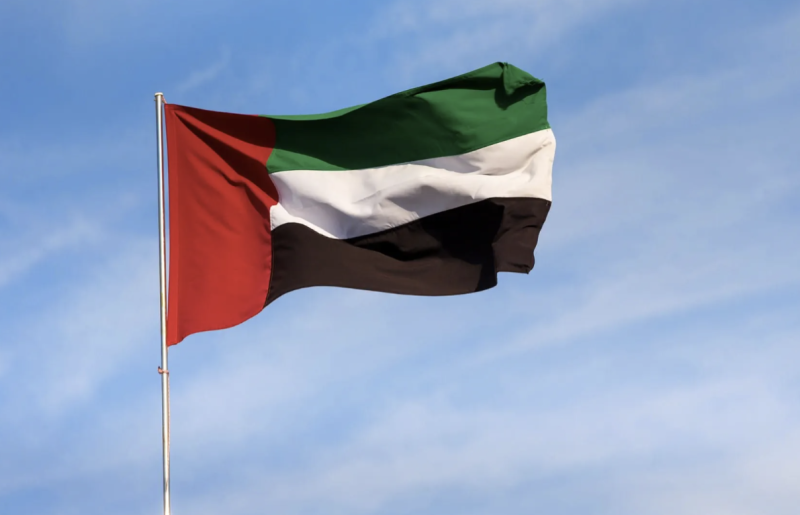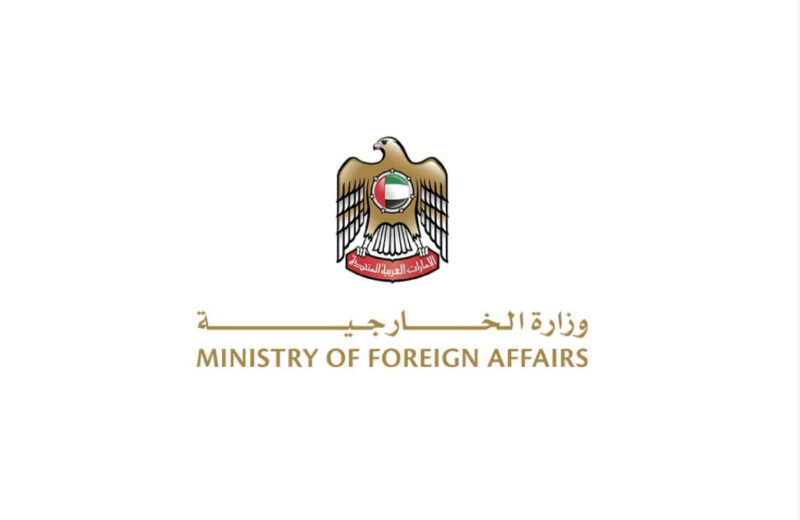UAE non-oil business see new orders touch 4-year high


The non-oil private sector in the UAE witnessed strong demand in September, as new orders grew at their fastest rate in four years, an economy tracker showed.
The latest S&P Purchasing Managers’ Index report revealed the country’s PMI hit 56.7 in September, rising from 55 in August, boosted by a robust economy and competitive pricing.
According to the report, lower prices and stronger economic conditions drove the new orders sub-index to its highest level since June 2019.
While overall selling prices fell in September, rising input charges have limited the pricing pressures for some firms as they were forced to raise their charges due to increasing costs, according to the report.
“Demand growth meanwhile spurred greater purchasing at non-oil firms in September, which acted to quicken the pace of purchase price inflation,” said David Owen, a senior economist at S&P Global Market Intelligence.
According to the report, confidence in the UAE market peaked at its highest levels since March 2020.
Some factors attributing to this are the country’s business-friendly regulations, stable political environment and infrastructure development.
Other positive factors included tax benefits, economic diversification and quality of life for expatriates and skilled labor.
The report added that demand from domestic and external markets grew, with market needs from foreign clients rising at the sharpest pace in over four years.
Other PMI sub-components, such as input and employment inventories, rose slightly in September.
Moreover, firms leveraged on previous hires and inventory growth, indicating that firms have sufficient capacity to deal with the new orders flow.
Delivery times also shortened this month, the sharpest in over four years, as non-oil businesses witnessed further improvements in supply chains.
The report stated that the UAE economy is projected to expand by 4 percent in 2024 and by 3 percent this year, driven by definite growth in its non-oil sector.
The credit rating agency highlighted growth in the UAE’s non-oil sectors, such as tourism, government agencies and technological advancements and its policy implementation designed to set the stage for the country’s long-term economic expansion.
Last month, Fitch Ratings echoed similar economic trends, stating that the country has benefited from strong economic conditions reflected by improved banking sector profitability.
A healthy banking sector attracts foreign investments and could be instrumental in its higher economic activity and PMI.

Abu Dhabi -- The UAE has inaugurated the Emirates Medical Centre in Khan Younis, south of the Gaza Strip, as part of the Operation Chivalrous Knigh…

Abu Dhabi -- The United Arab Emirates has condemned the shooting incident that occurred at Brown University in the state of Rhode Island, which res…

Abu Dhabi -- The United Arab Emirates has condemned in the strongest terms the terrorist attack that occurred at a Jewish gathering in the city of…